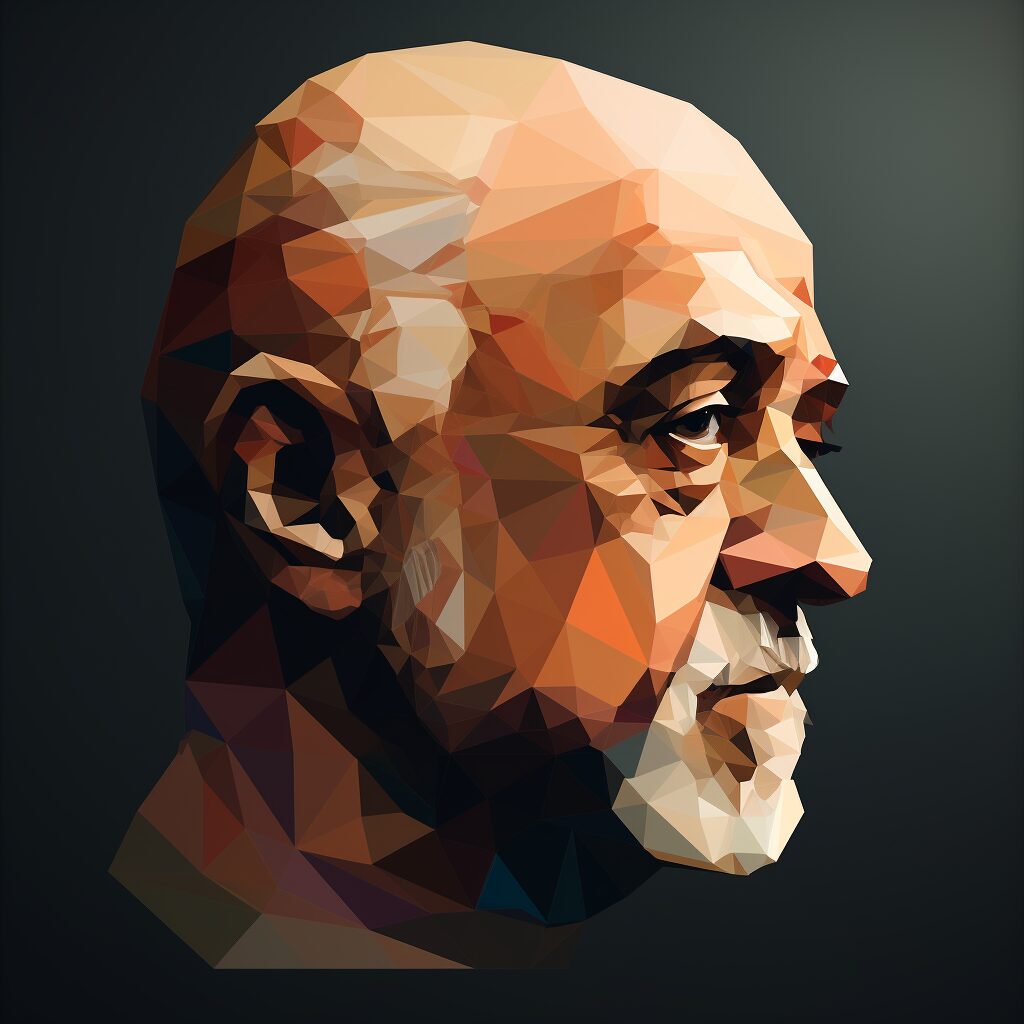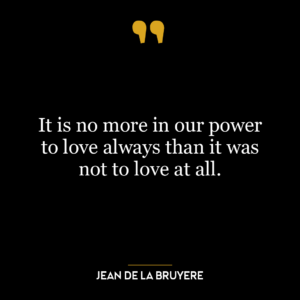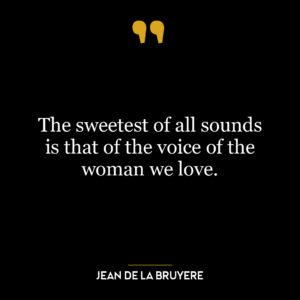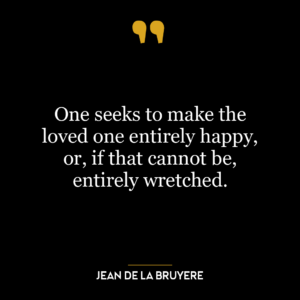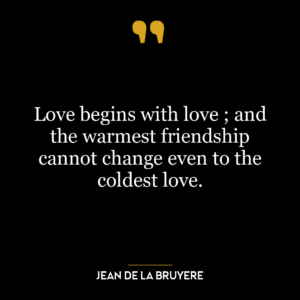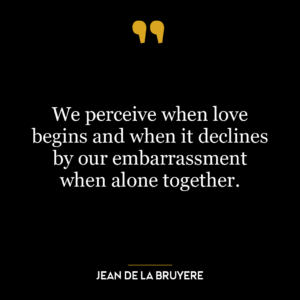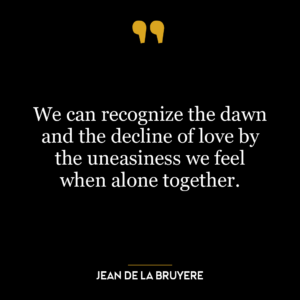This quote speaks to the dynamic and transformative nature of love, suggesting that in the process of loving another person, one must be willing to lose and rediscover themselves. To “lose oneself” in this context refers to the act of surrendering to the emotion, allowing it to consume and perhaps even redefine you. It’s about giving yourself over to another person, allowing their needs, desires, and happiness to become intertwined with your own.
The “finding oneself again” part of the quote implies a phase of self-recovery and growth. After losing oneself in love, there is a need to reclaim your individuality. This doesn’t mean withdrawing from the relationship or love, but rather understanding and asserting your own desires, dreams, and identity within the context of the relationship. It’s about maintaining a balance between your individuality and your role as a partner.
In today’s world, this concept is particularly relevant. In the era of social media, where personal identities are often intertwined with public personas, it’s easy to lose oneself not only in love, but in the expectations and pressures of society. The idea of finding oneself again can be applied to personal development in that it encourages self-discovery and self-affirmation. It’s about understanding who you are outside of your relationships and societal roles, and asserting that identity.
Moreover, in relationships, it’s common to see people losing their individuality, merging their lives so completely with their partners that they forget their individual dreams and desires. This quote can serve as a reminder for such individuals to find a balance, to lose themselves in love, but also to not forget who they are as individuals. It encourages personal growth, self-love, and self-understanding as crucial elements in maintaining healthy relationships.


